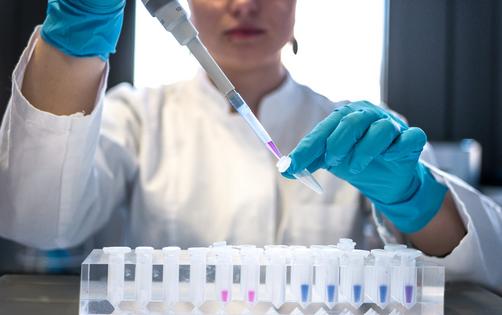Biological Sciences Major: Delving into the Tapestry of Life
Published in EDU Advice
A Bachelor's degree in Biological Sciences unfolds the intricate mechanisms of living organisms. It lays the foundation for understanding the principles of biology and applying this knowledge to research, healthcare, and environmental conservation.
Career Path: Laboratory Technicians
Graduates can step into the role of laboratory technicians, conducting experiments and analyses that underpin scientific research and medical diagnoses.
Career Path: Research Assistants
The exposure to scientific methodology and investigative processes enables graduates to contribute as research assistants, aiding in the exploration of biological phenomena and the development of new scientific knowledge.
Career Path: Healthcare Professionals
With additional training and certifications, graduates can pursue various healthcare roles such as nursing, clinical laboratory science, or health administration, contributing to health and well-being.
Career Path: Environmental Scientists
The knowledge of ecosystems and biodiversity empowers graduates to become environmental scientists, studying environmental conditions and their impact on organisms, and advocating for conservation efforts.
Educational Path
Further studies through a Master’s or a Doctorate can lead to specialized roles in fields like microbiology, genetics, or ecology, allowing individuals to delve deeper into their areas of interest and participate in cutting-edge research or academic endeavors.
This article was generated by Open AI with human guidance and editing along the way.









Comments